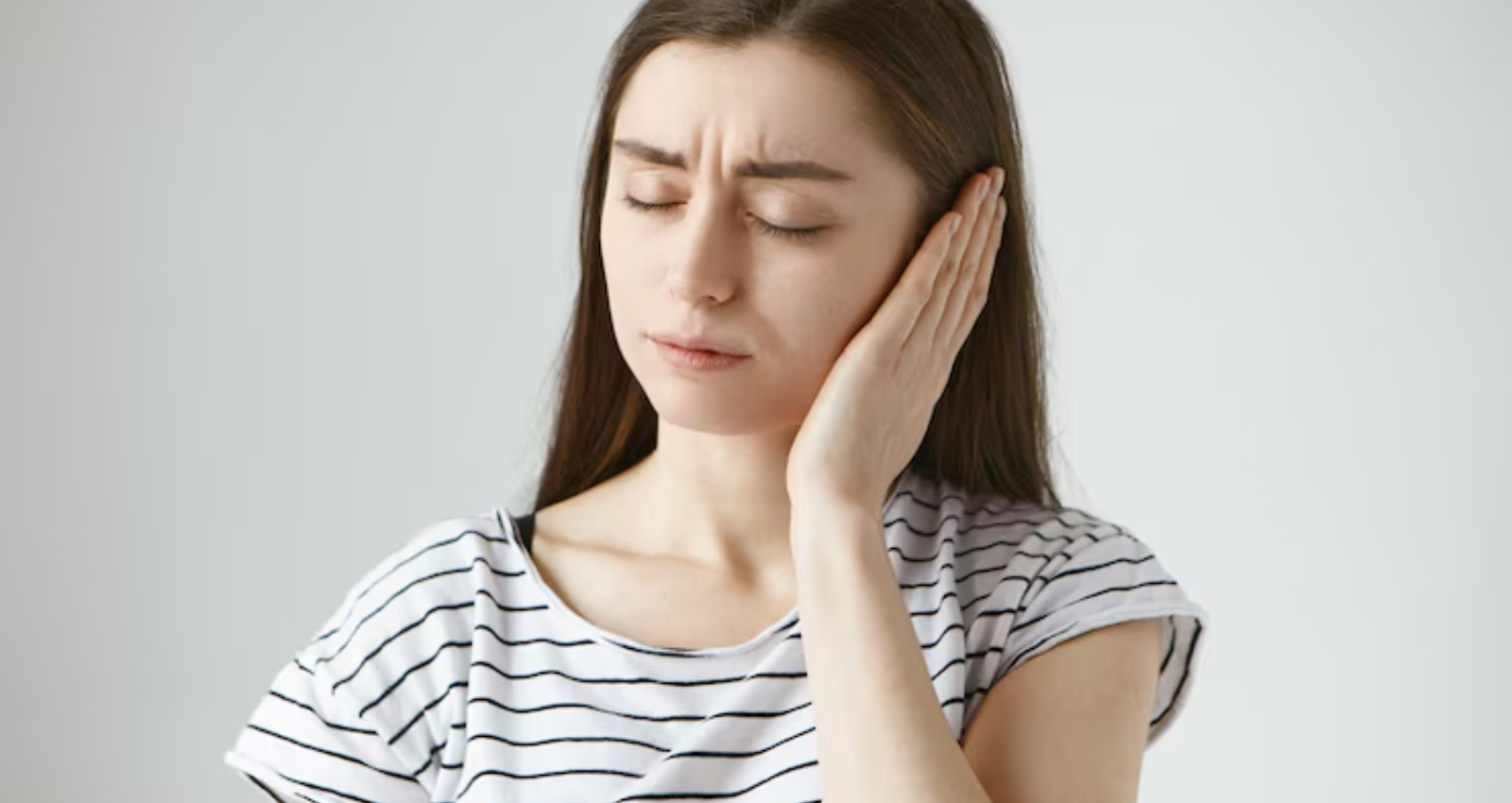
Experiencing ear pain after tooth extraction can be concerning, especially if you’re unsure whether it’s a normal part of the healing process or something that requires medical attention. In this comprehensive guide, we’ll delve into the potential reasons behind ear pain after tooth extraction, when to consider this as normal, and when it warrants a visit to your dentist or healthcare provider. Understanding these aspects will help you navigate your post-extraction recovery with confidence and ensure optimal oral and overall health.
Understanding Tooth Extraction and Its Aftermath
Before diving into ear pain specifically, let’s briefly understand what happens during and after a tooth extraction:
- Tooth Extraction Procedure: A tooth extraction is a dental procedure in which your dentist removes your tooth from its socket in the bone. This may be necessary due to severe decay, damage, overcrowding, or other dental issues.
- Healing Process: After the extraction, the healing process begins. Blood clots form in the socket to protect the underlying bone and nerves while new bone and gum tissue gradually fill in the empty socket.
- Possible Symptoms: It’s common to experience some pain, swelling, and discomfort in the area where the dentist performed tooth extraction. These symptoms typically subside over time as the healing progresses.
Is Ear Pain Normal After Tooth Extraction?
Ear pain after tooth extraction can occur for several reasons. Learn if it’s normal depends on the specific circumstances:
- Referred Pain: Referred pain is one common reason for ear pain after tooth extraction. There is an internal connection between the nerves in the mouth and the jaws. Pain from the extraction site can radiate to the ear, causing discomfort.
- Sinus Involvement: Upper teeth, particularly molars, are close to the sinuses. During extraction, there can be some disruption or involvement of the sinus cavity, which may cause ear pain along with nasal congestion or pressure.
- TMJ (Temporomandibular Joint) Issues: The TMJ is located close to the ear, and any stress or strain on the jaw during or after extraction can lead to ear pain or discomfort.
- Infection or Dry Socket: In some cases, ear pain could indicate complications such as infection or dry socket (when the blood clot in the socket dislodges or doesn’t form properly). These conditions require prompt attention from your dentist.

When to Consider Ear Pain After Tooth Extraction Abnormal
While you can expect some degree of discomfort or referred pain to the ear during the initial days after a tooth extraction, certain signs may indicate a need for further evaluation.
- Persistent or Increasing Pain: If the ear pain becomes severe, persists, or worsens over time rather than improving gradually, it may indicate an underlying issue.
- Accompanying Symptoms: Look out for symptoms such as fever, swelling, pus discharge, foul taste, or difficulty opening your mouth. These could be signs of infection or other complications that require immediate attention.
- Unusual Sensations: A healthcare professional should evaluate numbness, tingling, or loss of sensation in the face, jaw, or ear.
Tips for Managing Ear Pain After Tooth Extraction
If you’re experiencing ear pain after a tooth extraction and suspect it’s related to the procedure, here are some tips to manage discomfort and aid in your recovery:
- Follow Post-Extraction Care Instructions: Carefully follow your dentist’s instructions for post-extraction care, including how to clean the extraction site, what medications to take, and dietary restrictions.
- Use Pain Relief Measures: Over-the-counter pain relievers such as ibuprofen or acetaminophen can help reduce pain and inflammation. Follow the dosage instructions on the label or as recommended by your dentist.
- Apply Cold Compress: To reduce swelling and numb the area, apply a cold compress or ice pack wrapped in a cloth to the outside of your cheek near the extraction site.
- Avoid Certain Activities: Avoid strenuous activities, smoking, drinking through a straw, or spitting forcefully, as these can dislodge the blood clot and delay healing.
- Stay Hydrated and Rest: Drink plenty of fluids and get adequate rest to support your body’s healing process.
When to Seek Professional Help
If you’re unsure whether your ear pain after tooth extraction is normal or if you experience any of the following symptoms, it’s essential to seek prompt dental or medical attention:
- Severe or worsening pain that is not relieved by medication
- Fever, chills, or swelling that increases over time
- Persistent bleeding or foul-smelling discharge from the extraction site
- Difficulty breathing or swallowing
- Signs of TMJ dysfunction, such as difficulty opening or closing your mouth
Ear pain after tooth extraction can be a common occurrence due to referred pain or sinus involvement. Understanding the potential causes and distinguishing between normal discomfort and signs of complications is crucial for managing your recovery effectively. By following post-extraction care instructions, using pain relief measures, and knowing when to seek professional help, you can navigate the healing process with confidence and ensure optimal oral health outcomes. Remember, your dentist is your best resource for addressing any concerns or complications related to tooth extraction.


